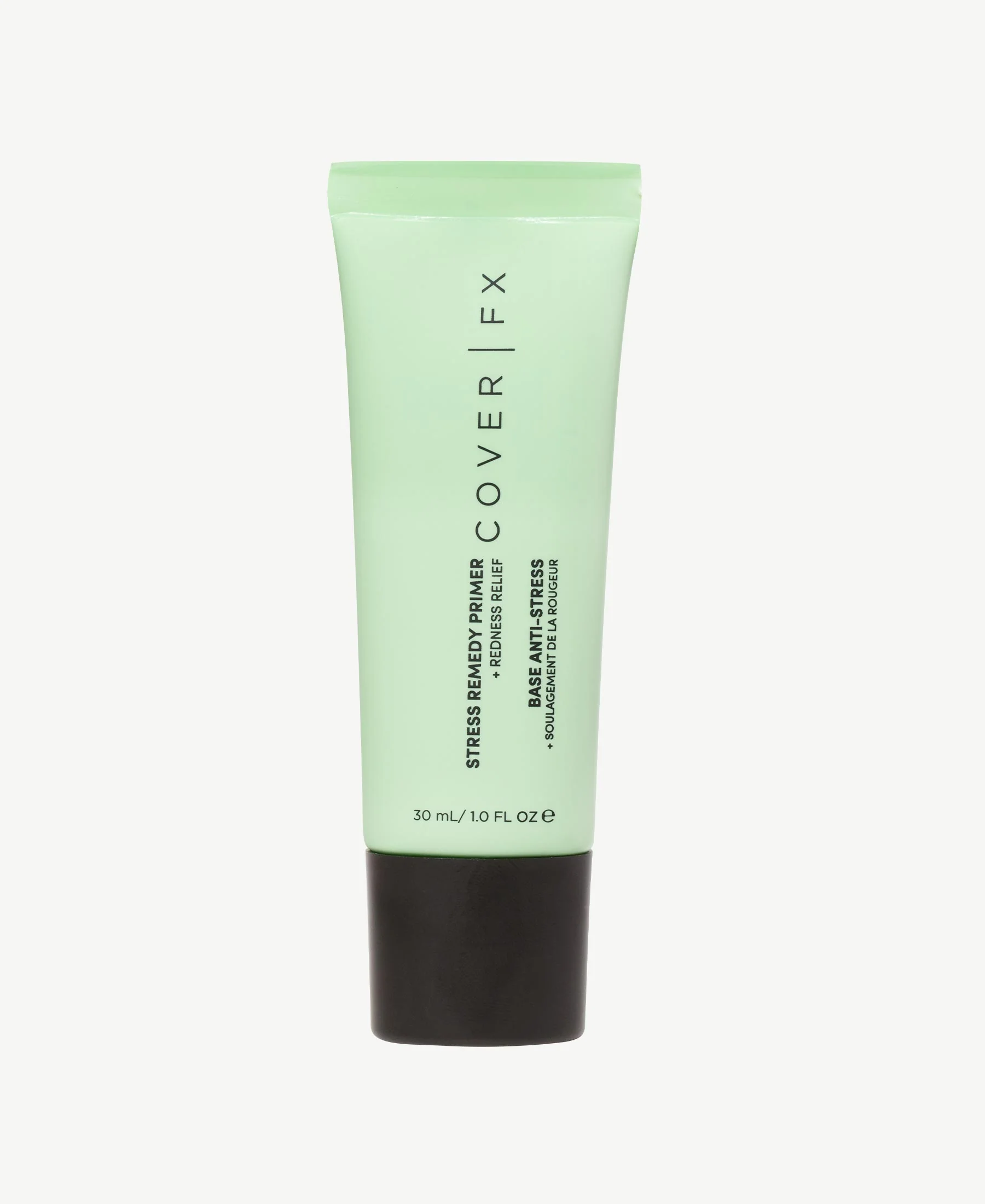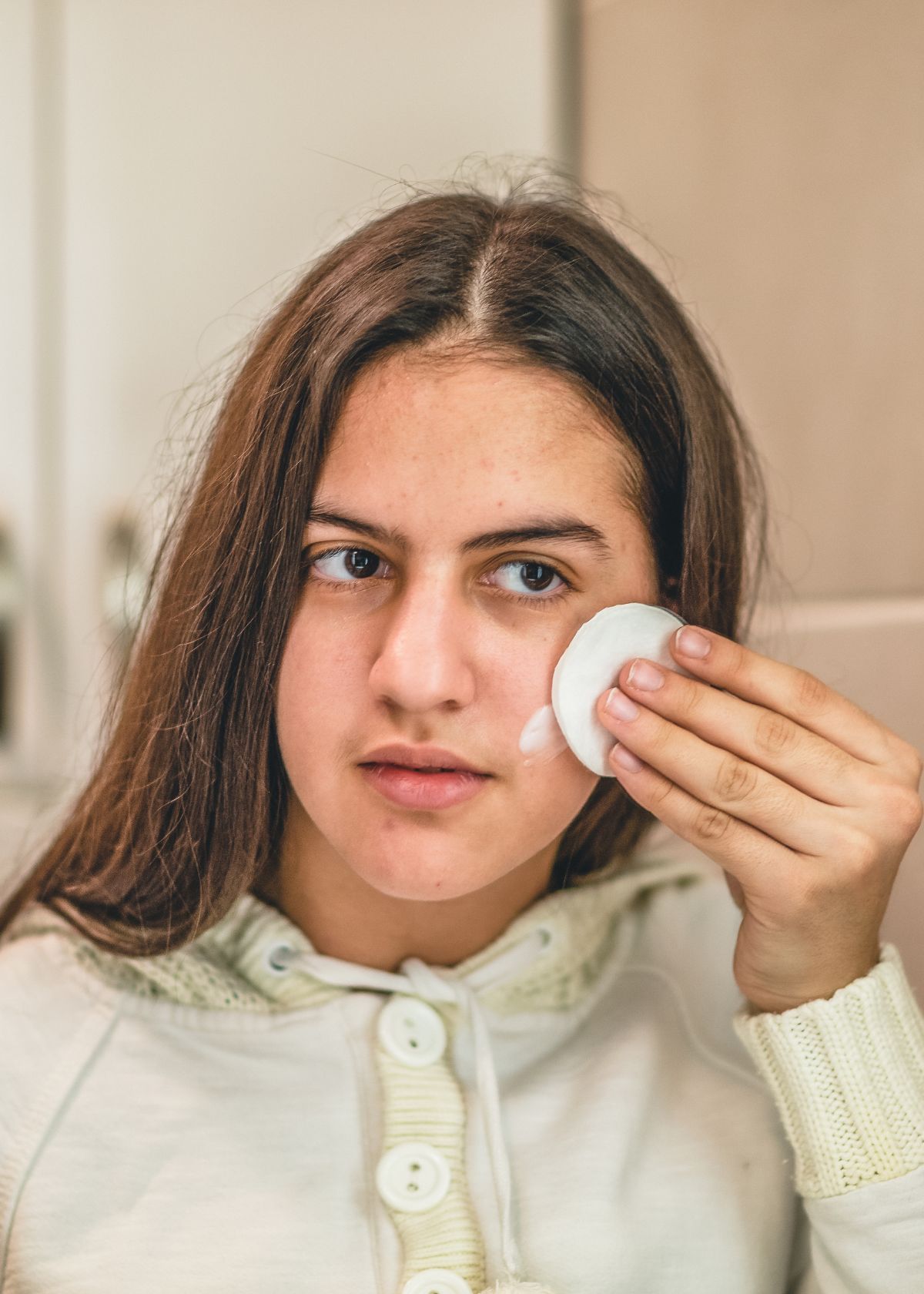Acne-prone skin can be a persistent challenge for many individuals, making it crucial to find skincare and makeup products that cater to specific needs. Primers for acne-prone skin are designed to provide a smooth canvas for makeup while addressing concerns like oil control, blemishes, and minimizing pores. With so many options available in the market, it's important to choose the right primer that aligns with your skin type and concerns.
In this article, we will explore the world of primers for acne-prone skin, offering expert insights into what to look for when selecting a product. From understanding the benefits of using a primer to discovering top-rated options, this guide aims to empower you with the knowledge needed to achieve a flawless complexion without compromising your skin health.
Whether you're dealing with occasional breakouts or chronic acne, finding the right primer can significantly enhance your makeup experience. Let's dive into the details and uncover the secrets behind creating a perfect base for your skin.
Read also:Cheap Oil Cleansers The Ultimate Guide To Affordable And Effective Cleansers
Table of Contents
- Understanding Primers for Acne-Prone Skin
- Benefits of Using a Primer for Acne-Prone Skin
- How to Choose the Right Primer for Acne-Prone Skin
- Ingredients to Avoid in Primers for Acne-Prone Skin
- Top-Rated Primers for Acne-Prone Skin
- Silicone-Based vs. Water-Based Primers
- Tips for Applying Primer on Acne-Prone Skin
- Common Mistakes to Avoid with Primers
- Expert Recommendations for Acne-Prone Skin
- Conclusion: Achieving Flawless Skin with the Right Primer
Understanding Primers for Acne-Prone Skin
Primers are makeup products designed to create a smooth base for foundation and other cosmetics. For individuals with acne-prone skin, primers play a dual role—enhancing makeup application while offering skincare benefits. These products are formulated to control oil production, minimize the appearance of pores, and prevent further breakouts.
What Makes Primers Ideal for Acne-Prone Skin?
Acne-prone skin often requires products that balance hydration and oil control. Primers cater to this need by incorporating ingredients that regulate sebum production without clogging pores. They also help in reducing redness and irritation, creating a flawless complexion that lasts all day.
Benefits of Using a Primer for Acne-Prone Skin
Using a primer offers numerous benefits for individuals with acne-prone skin. Below are some of the key advantages:
- Improved Foundation Application: Primers create a smooth surface for foundation, ensuring even coverage.
- Oil Control: Many primers are formulated to absorb excess oil, preventing shine throughout the day.
- Pore Minimization: Some primers contain ingredients that temporarily shrink the appearance of pores, giving skin a more refined look.
- Reduced Breakouts: Non-comedogenic primers are designed to avoid clogging pores, reducing the risk of acne.
How to Choose the Right Primer for Acne-Prone Skin
Selecting the perfect primer for acne-prone skin involves understanding your specific skin concerns and needs. Here are some factors to consider:
Factors to Consider
When choosing a primer, pay attention to the following aspects:
Read also:Best Pants For Travel To Europe Your Ultimate Guide For Comfort And Style
- Skin Type: Ensure the primer is suitable for oily or combination skin.
- Ingredients: Look for products with salicylic acid, niacinamide, or tea tree oil for added skincare benefits.
- Non-Comedogenic: Choose primers that are explicitly labeled as non-comedogenic to prevent breakouts.
Ingredients to Avoid in Primers for Acne-Prone Skin
While some ingredients are beneficial, others can exacerbate acne-prone skin. Here are some components to avoid:
Common Irritants
Steer clear of primers containing the following:
- Heavy Oils: These can clog pores and lead to breakouts.
- Fragrance: Synthetic fragrances may irritate sensitive skin.
- Alcohol: While some alcohol-based ingredients can be beneficial, high concentrations can dry out the skin.
Top-Rated Primers for Acne-Prone Skin
Here are some of the best primers available for acne-prone skin, backed by expert reviews and user testimonials:
1. Smashbox Photo Finish Oil Control Primer
This primer is specifically designed to control oil and mattify the skin, making it ideal for acne-prone individuals.
2. Benefit Porefessional Face Primer
Renowned for its pore-minimizing properties, this primer creates a flawless complexion without irritating the skin.
3. Hourglass No Gaps Primer
With its lightweight formula, this primer offers hydration and oil control, making it perfect for combination skin types.
Silicone-Based vs. Water-Based Primers
Primers come in two primary formulations: silicone-based and water-based. Each has its own set of benefits and drawbacks.
Silicone-Based Primers
These primers are known for their ability to create a smooth, airbrushed finish. However, they may not be suitable for individuals with extremely oily skin, as they can trap oil and exacerbate breakouts.
Water-Based Primers
Water-based primers are lighter and more hydrating, making them ideal for acne-prone skin. They help regulate oil production without leaving a heavy residue.
Tips for Applying Primer on Acne-Prone Skin
Proper application is key to achieving the desired results. Follow these tips for optimal usage:
- Cleanse and Moisturize: Always start with a clean, moisturized face before applying primer.
- Apply Sparingly: A little goes a long way—use only a small amount of primer to avoid buildup.
- Blend Well: Use your fingertips or a brush to blend the primer evenly across your face.
Common Mistakes to Avoid with Primers
Even the best primers won't work effectively if used incorrectly. Avoid these common mistakes:
Mistakes to Watch Out For
- Using Too Much Product: Over-application can lead to clogged pores and breakouts.
- Skipping Moisturizer: Primer should never replace moisturizer, as hydration is essential for healthy skin.
- Not Patch Testing: Always test a new primer on a small area of your skin before full use.
Expert Recommendations for Acne-Prone Skin
Consulting skincare experts can provide valuable insights into selecting the right primer. Dermatologists often recommend products with ingredients like:
Key Ingredients
- Niacinamide: Reduces inflammation and regulates sebum production.
- Salicylic Acid: Exfoliates the skin and clears pores, preventing acne.
- Tea Tree Oil: Offers antibacterial properties to combat breakouts.
Conclusion: Achieving Flawless Skin with the Right Primer
Choosing the right primer for acne-prone skin can transform your makeup routine and improve your overall complexion. By understanding your skin's needs and selecting products with beneficial ingredients, you can achieve a flawless look without compromising your skin health.
We encourage you to explore the options discussed in this article and find the primer that works best for you. Share your experiences in the comments below, and don't forget to check out our other articles for more skincare tips and tricks!
Remember, your skin deserves the best care possible. With the right primer and skincare routine, you can achieve a radiant, acne-free complexion that boosts your confidence every day.


